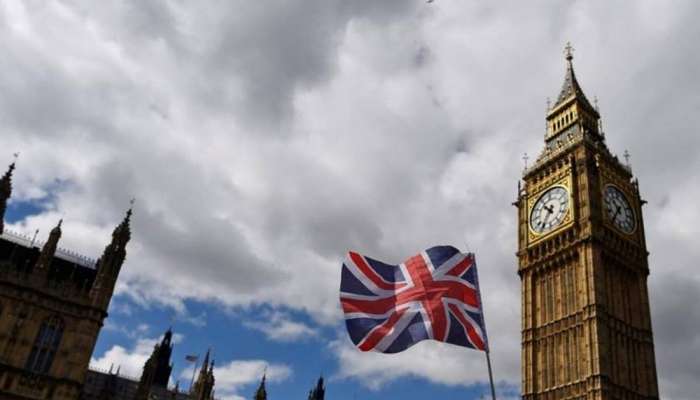The United Kingdom (UK) is expected to see slower inflation compared to both the Eurozone and the US for the first time in over two years. This comes as falling energy prices for consumers have led to a decline in the annual growth in consumer prices for April, which is predicted to drop to 2.1 per cent. This is close to the Bank of England’s target of 2 per cent and is significantly lower than the 3.2 per cent figure seen in March.
The decrease in inflation is largely attributed to a 12 per cent fall in the regulatory cap on household energy bills last month, following a decline in wholesale gas prices. This marks the second straight month in which UK inflation has been lower than consumer price inflation in the US and the first time it has been below both the US and Eurozone rates since March 2022. These figures are likely to spark debate among policymakers at the Bank of England about when to cut rates from their current 16-year high of 5.25 per cent.
Lower inflation is expected to provide a boost to UK Prime Minister Rishi Sunak after recent data showed that the UK economy is recovering from last year’s recession. In the first quarter of the year, the UK saw growth of 0.6 per cent, the fastest in two years. This positive news combined with lower inflation rates could have a positive impact on the country’s economic outlook moving forward, providing some relief for policymakers and consumers alike.
Overall, the forecasted drop in inflation in the UK compared to the Eurozone and the US marks a significant shift in economic trends. The decline in energy prices for consumers has played a key role in driving down inflation rates, with the annual growth in consumer prices for April expected to be well below the levels seen in recent months. This shift could have wide-reaching implications for the UK economy and may lead to changes in monetary policy as policymakers assess the impact of these new inflation figures.
While the decline in inflation may raise debate among policymakers at the Bank of England, there is also potential for the UK to benefit from lower prices for consumers. The drop in inflation could provide a much-needed boost to the economy, especially as the country continues to recover from the effects of the pandemic. With the fastest growth in two years recorded in the first quarter of 2022, the outlook for the UK economy appears to be improving, making the decrease in inflation rates a welcome development for both policymakers and consumers.
In conclusion, the UK is set to experience slower inflation than both the Eurozone and the US, marking a significant shift in economic trends. The drop in annual growth in consumer prices for April is expected to provide relief for consumers, with falling energy prices playing a key role in driving down inflation rates. This development could have positive implications for the UK economy, potentially leading to changes in monetary policy moving forward. As the country continues to recover from the pandemic, lower inflation rates could offer a much-needed boost to the UK economy and contribute to its overall economic recovery.










